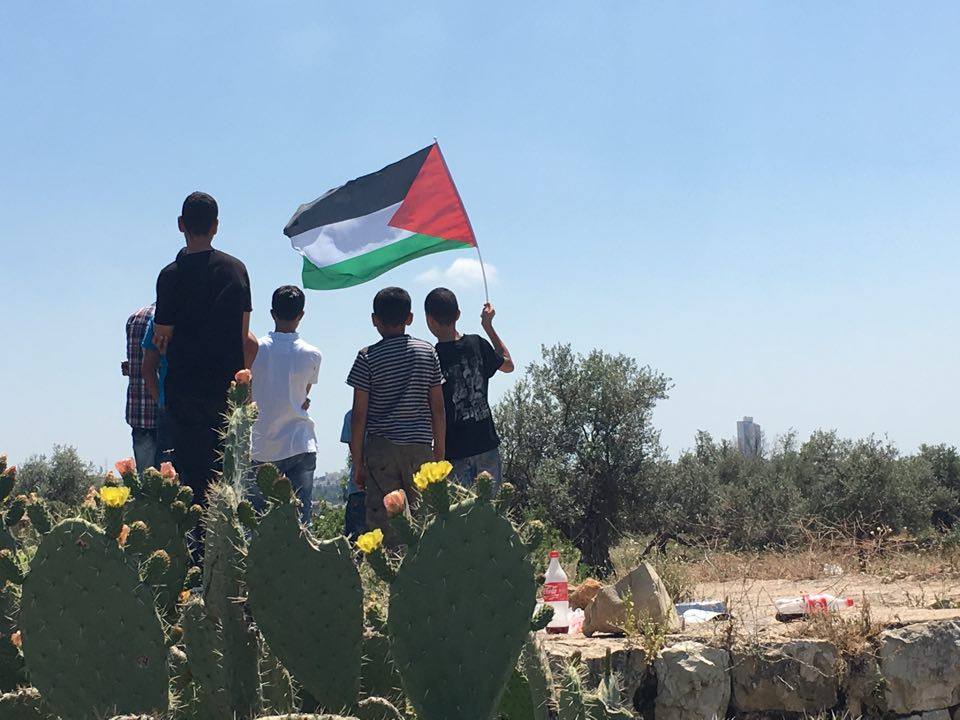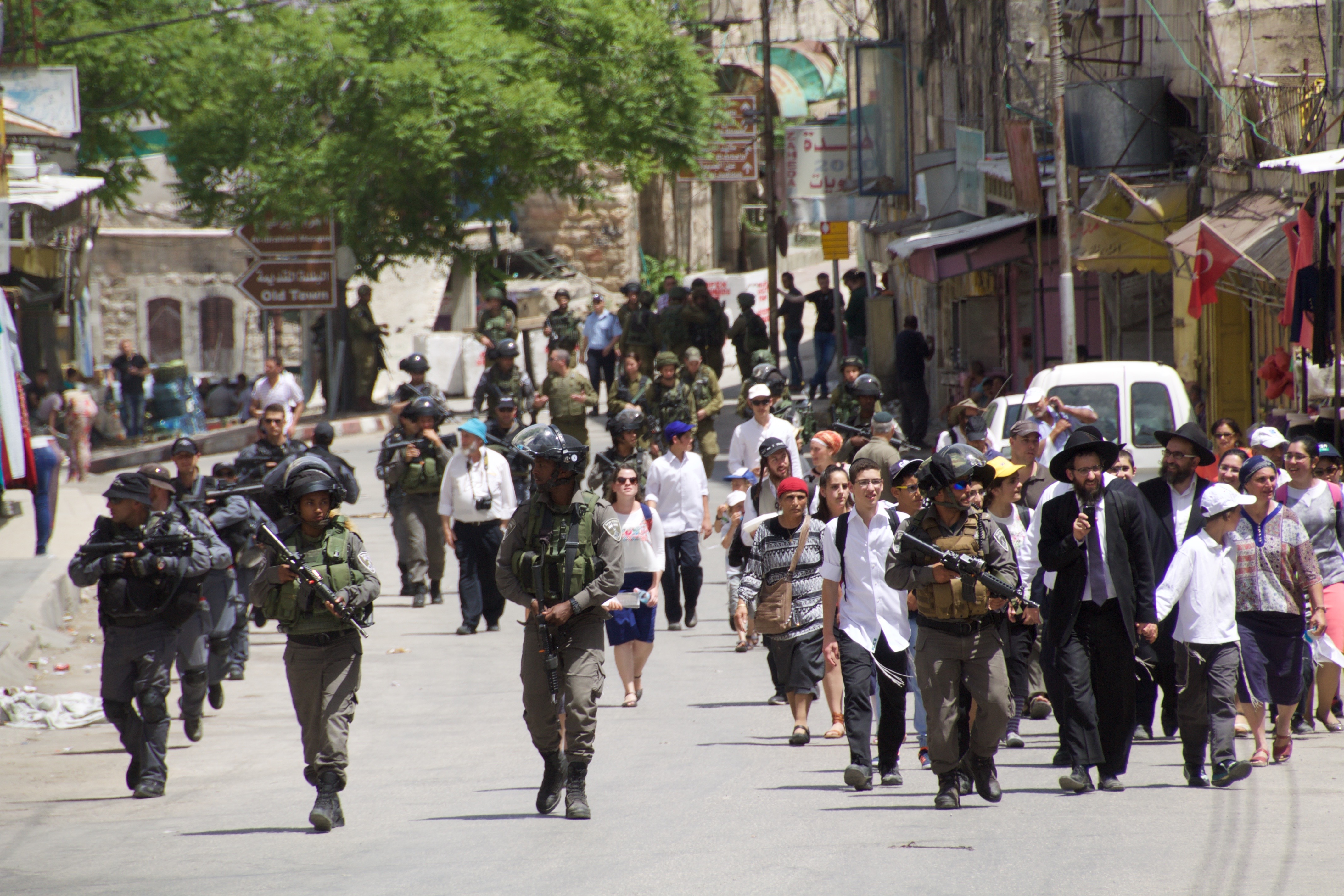Tag: International law
-
Israeli forces attack weekly protests in the West Bank
2nd May 2016 | International Solidarity Movement, al-Khalil team | Deir Istiya, Kafr Qaddum, Ni’lin; occupied Palestine Last week, as every week, Israeli forces attacked demonstrations in the West Bank against the illegal Israeli land-theft, the apartheid-wall and illegal Israeli settlements. In Deir Istiya, near Nablus in northern occupied West Bank, farmers continued their protest…
-
Illegal settler visits impose severe restrictions on Palestinian presence in al-Khalil
27th April 2016 | International Solidarity Movement, al-Khalil | Hebron, occupied Palestine During this week’s ‘Pessach’ celebrations from 22nd to 29th April, Israeli settlers and Israeli forces throughout occupied al-Khalil (Hebron) have been taking over Palestinians houses, rooftops, streets and entire areas while denying passage for Palestinians. Last Friday night, with the start of the ‘holiday’,…
-
Israeli army take control of street under Palestinian authority for illegal settlers’ visit
27th April 2016 | International Solidarity Movement, al-Khalil team | Hebron, occupied Palestine At around 11.30am on Tuesday 26 April, heavily armed Israeli occupation soldiers and border police started appearing in large numbers through Shuhada checkpoint (also called checkpoint 56). This area is H1 area, supposedly controlled by the Palestinian Authority, where Israelis have no…



